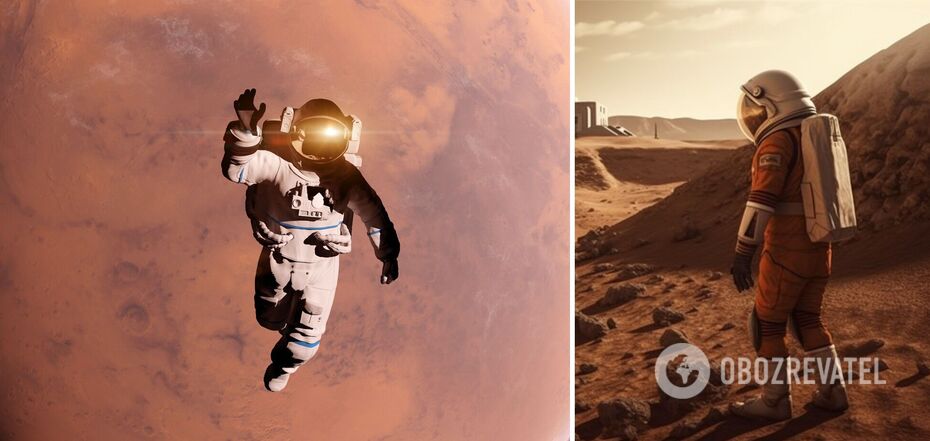News
Humanity is not ready to move to Mars: researchers explained what Elon Musk missed
Humanity's prospects for establishing a colony on Mars in the near future are much more pessimistic than fans of such a step as Elon Musk who tries to make you believe so. The problem is not only in building a rocket that can safely deliver the first colonists to a distant planet.
This was written by researchers Kelly and Zach Weinersmith in their book "A City on Mars: Can we settle space, should we settle space, and have we really thought this through?" The authors are not scientists in the truest sense of the word, but they have researched the work of other scientists on interplanetary travel and pointed out the problems that remain behind the scenes of the big PR campaign for resettlement on Mars.
"After a few years of researching space settlements, we started secretly calling ourselves 'space geeks' because we found that we were more pessimistic than almost everyone else involved in space settlements. We weren't always like this. The data made us do it," the authors of the book admitted.
While working on the book, the Weinersmiths began to see sending humans to Mars as a challenge that "will not be solved simply by ambitious fantasies or giant rockets." They recognize that humans will eventually become an interplanetary species, but "the discourse needs more realism."
They found that there are challenges that are too little discussed: medicine, reproduction, law, ecology, economics, sociology, and war.
In particular, people have too little information about how space radiation affects the human body because there are only a small number of astronauts who have lived on the International Space Station for a long time.
However, even these astronauts have not been exposed to the amount of radiation that could befall travelers on their way to Mars. Meanwhile, the need to control radiation exposure is "one of the main factors that will determine the design of human habitation off the planet."
They also note that we should not romanticize life on Mars by depicting people contemplating the Martian sky through the transparent domes of their homes. Although this design is often seen in various presentations, it has little to do with reality. Such glass domes will not provide any protection from strong sunlight or cosmic radiation.
It is more likely that the settlers' housing will be underground or at least surrounded by rocks to protect them from radiation.
Another issue is maintaining and increasing the population of the Martian colony. To do this, we need to have data on how pregnancy proceeds in space or different gravity on Mars. We also need to think about how to protect the pregnant woman and the fetus from powerful radiation.
As OBOZ.UA has already written, neither the first nor the second issue has been thoroughly studied. There is data on mice only.
There is also the issue of homesickness. The astronauts who were on the ISS said that they really missed the sounds of earthly nature in the silence of space. Thus, life on Mars, without birds or rain, with limited sunlight and dust storms that will further obscure the sun, may be unbearable for the soul.
It is also unclear how the law will work on Mars and who will have the right to recognize a particular area of the red planet as belonging to someone in particular.
The Weinersmiths are convinced that despite attempts to present life on Mars as interesting and fun, "Earth with climate change, nuclear war, zombies, and werewolves is still a much better place than Mars."
At the same time, the authors consider themselves not "barriers to progress" but "guardians" who want people to go to Mars as much as anyone else.
Earlier, OBOZ.UA spoke about the possibility of planting and growing potatoes on Mars.
Subscribe to OBOZ.UA on Telegram and Viber to keep up with the latest events.




























